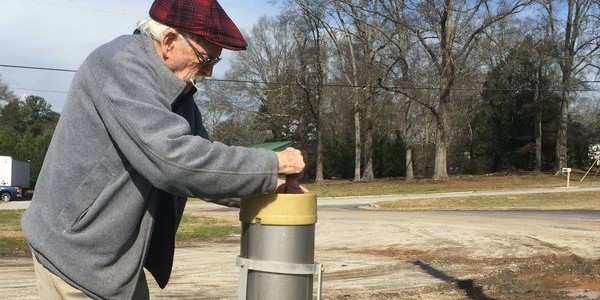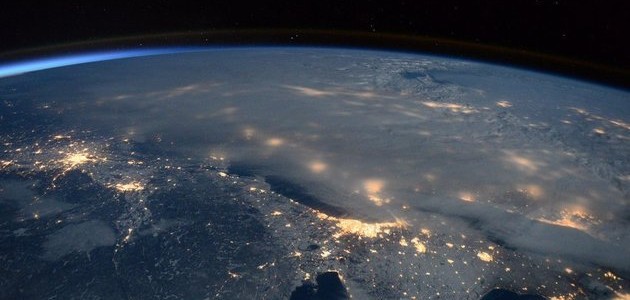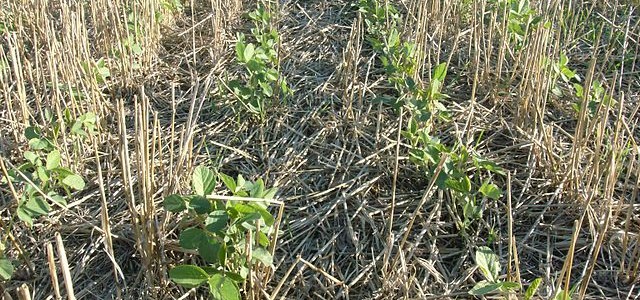-

One of Georgia’s longest weather observers, Willis Swint of Jonesboro, was profiled in an Atlanta Journal-Constitution article this weekend here. He recently received the Thomas Jefferson Award from the National Weather Service for over 50 years of daily weather measurements. We are grateful for the six decades of service that Mr. Swint has provided to…
-

Since I’ve lived in both DC and New York City, I followed the evolution of the big snowstorm this weekend with much interest. Here are a few posts with fantastic images and a great description of the weather behind the storm. The Huffington Post has a stunning collection of photos of the blizzard taken from…
-

“If you think about it, farmers should be on the cutting edge of climate change discussions: They are directly affected as weather patterns shift, and they have the opportunity be part of the solution by sequestering carbon. But American farm groups have mostly opposed climate policies.” This is the start of an interesting interview in Grist…
-

As a meteorologist, I love to read weather and climate-related stories by nature writers, and enjoyed this essay by Scottish author Karen Emslie about her experiences living in places with extreme winds. If you are interested, you can read it here.
Posted in: Climate and Ag in the news -

The US Golf Association recently published an article describing the impacts of the wet conditions associated with El Niño on golf courses across the Southeast. The impacts include saturated soils, increased rutting from golf carts, higher than normal water hazards, and stress on greens. If you manage turfgrass, on or off the golf course, or…
-

Like policemen, fire fighters, doctors and nurses, you often don’t notice meteorologists doing their work when things are going well. But when the weather gets bad and severe weather or winter storms threaten, meteorologists are one of the groups of people we as a society depend on to help tell us what is going on…
Posted in: Climate and Ag in the news -

The Modesto Bee published the results of a study this week on the advantages of digesters for dairy waste, as reported by the California Department of Food and Agriculture. Digesters use bacteria to break down animal waste and use it to produce energy while eliminating emissions of methane from the waste. This reduces carbon emission…
Posted in: Livestock